- Home
- Space Symposium 2025
- Home
- Space Symposium 2025
2nd Space Symposium
Space as a Military Domain – How Germany Is Strengthening Its Security and Sovereignty in Orbit
Ottobrunn, 23 October 2025 – Around 220 experts from industry, academia, politics and defence gathered at the 2nd Space Symposium to discuss how Germany and Europe can enhance security and technological sovereignty in space. The conference was jointly organised by the technology company IABG and the Interessengemeinschaft Deutsche Luftwaffe e.V. (IDLw). One of the world’s leading figures in military space operations, General (ret.) John W. Raymond – former Presidential Advisor and the first Chief of Space Operations of the U.S. Space Force – contributed significant strategic insights in Ottobrunn, near Munich.
Ensuring security and sovereignty in Germany and Europe is not merely a technological challenge; it also depends critically on cooperation and shared rules. Recent geopolitical developments have highlighted the urgency of collaboration, a point underscored throughout the symposium. “Space is no longer merely a support domain – it has become a military operational domain,” said Prof. Dr.-Ing. Rudolf F. Schwarz, Chairman and Owner of IABG, in his opening remarks.
Only with Indigenous Capabilities Can Germany Be a Recognised Player in Space
With this statement, Schwarz set the tone for the event, stressing the importance of connectivity and trust: “Operational readiness is not defined by functionality alone, but by resilience and the capacity for innovation. That is the true turning point.”
Lieutenant General (ret.) Klaus Habersetzer, President of the IDLw, added: “Only if a nation possesses its own capabilities – both defensive and offensive – can it be accepted as a credible actor in this domain. With the resources now being made available, Germany’s political leadership is signalling its determination not to rely solely on others when it comes to military space.”
Minister of State Florian Hahn highlighted in his keynote address the essential role of space for both economic and defence security. He referred to the German government’s decision to invest around €35 billion by 2030 in space and defence infrastructure. “Russia’s war of aggression against Ukraine has made it abundantly clear how crucial satellite-based infrastructure is for communication, navigation and reconnaissance,” said Hahn. “Without it, modern armed forces, civil resilience and national crisis response are almost inconceivable.”
At the European level, the EU is advancing the integration of market regulation, cybersecurity and sustainability through the EU Space Act, presented in June 2025. At the same time, Germany and France agreed in October to jointly develop Odin’s Eye, a satellite-based early-warning system designed to detect missile launches and other threats from space at an early stage.
In his address, General (ret.) John W. Raymond, often referred to as the “father of the U.S. Space Force”, praised the strong transatlantic ties and commended European efforts to enhance space defence capabilities. “Strategic cooperation in space is vital to global security. Advancing shared capabilities, interoperability and clear operational rules strengthens both deterrence and the ability of democratic nations to act decisively.”
Civil-Military Cooperation Ensures Resilience and Operational Readiness
Dr Karsten Deiseroth, Head of Defence & Security at IABG, pointed to tangible developments: “The Bundeswehr is expanding its satellite constellations and transforming its Space Command from a purely situational awareness unit into an operational command.” At the same time, national reconnaissance systems such as the SAR-Lupe radar satellite constellation and the GEORG (Global Electro-Optical Reconnaissance) optical intelligence programme are gaining in importance. “Civil-military cooperation is key to ensuring resilience, redundancy and operational capability,” Deiseroth emphasised.
How this works in practice is exemplified by IABG’s newly opened Competence Centre Optics (CCO) in Ottobrunn – a state-of-the-art testing facility for electro-optical satellite systems. By providing realistic test conditions for the qualification of high-precision cameras and sensors, the CCO makes a substantial contribution to European sovereignty and the certification of security-relevant space systems.
Legal Framework: Can Incidents in Space Trigger NATO’s Article 5?
Another focus of the symposium was space law. Prof. Dr. Dr. h.c. Dr. h.c. Stephan Hobe, Director of the Institute of Air and Space Law at the University of Cologne, analysed the international legal framework – from liability issues to rules of engagement in the grey zone between peace and open conflict. Among the topics discussed were the definition of hostile acts and the applicability of cyber precedents (Article 5 logic) to the space domain. The consensus was clear: internationally agreed rules are essential to reduce the risk of escalation and to anchor credible decision-making authority.
Photos from the event
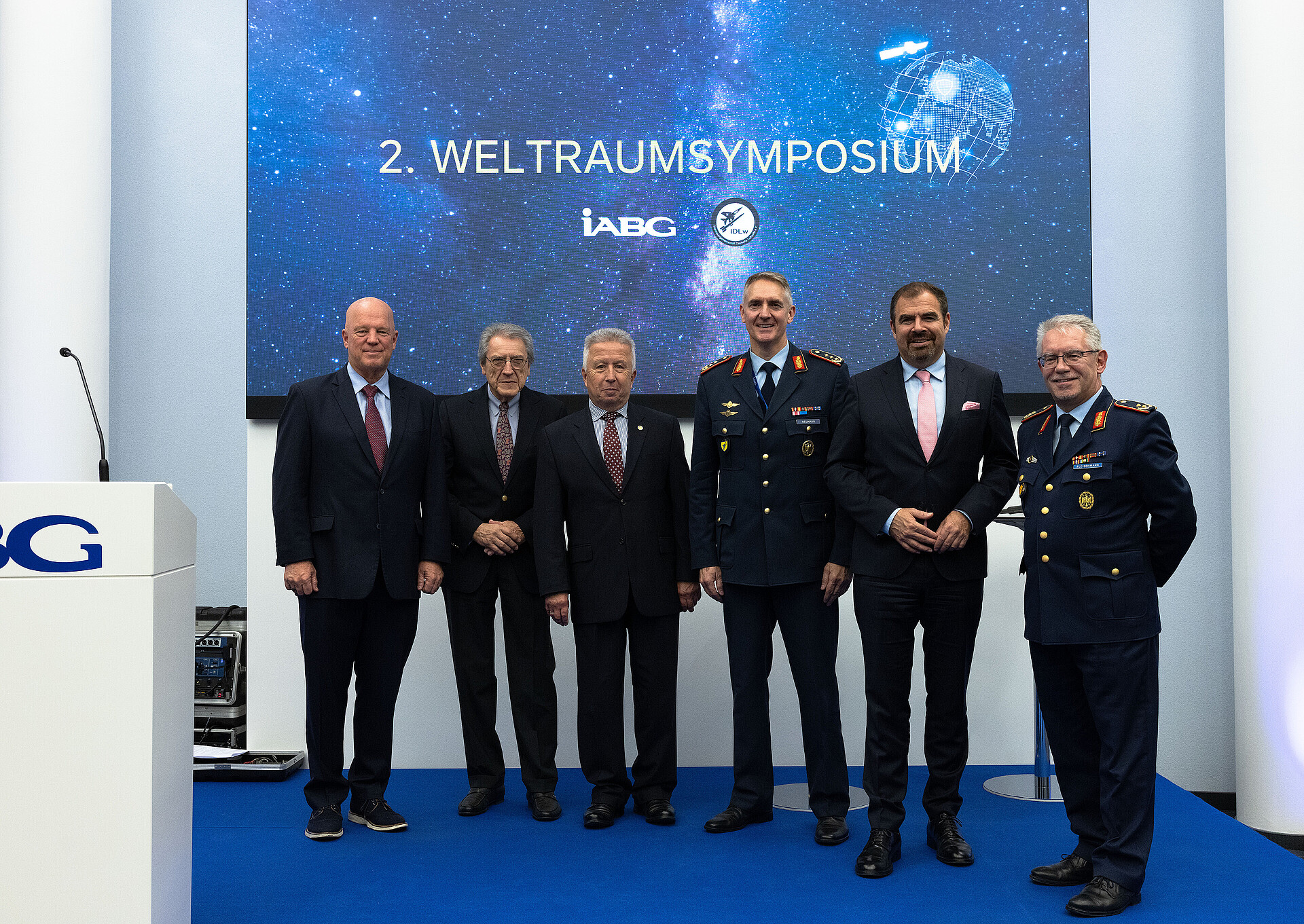
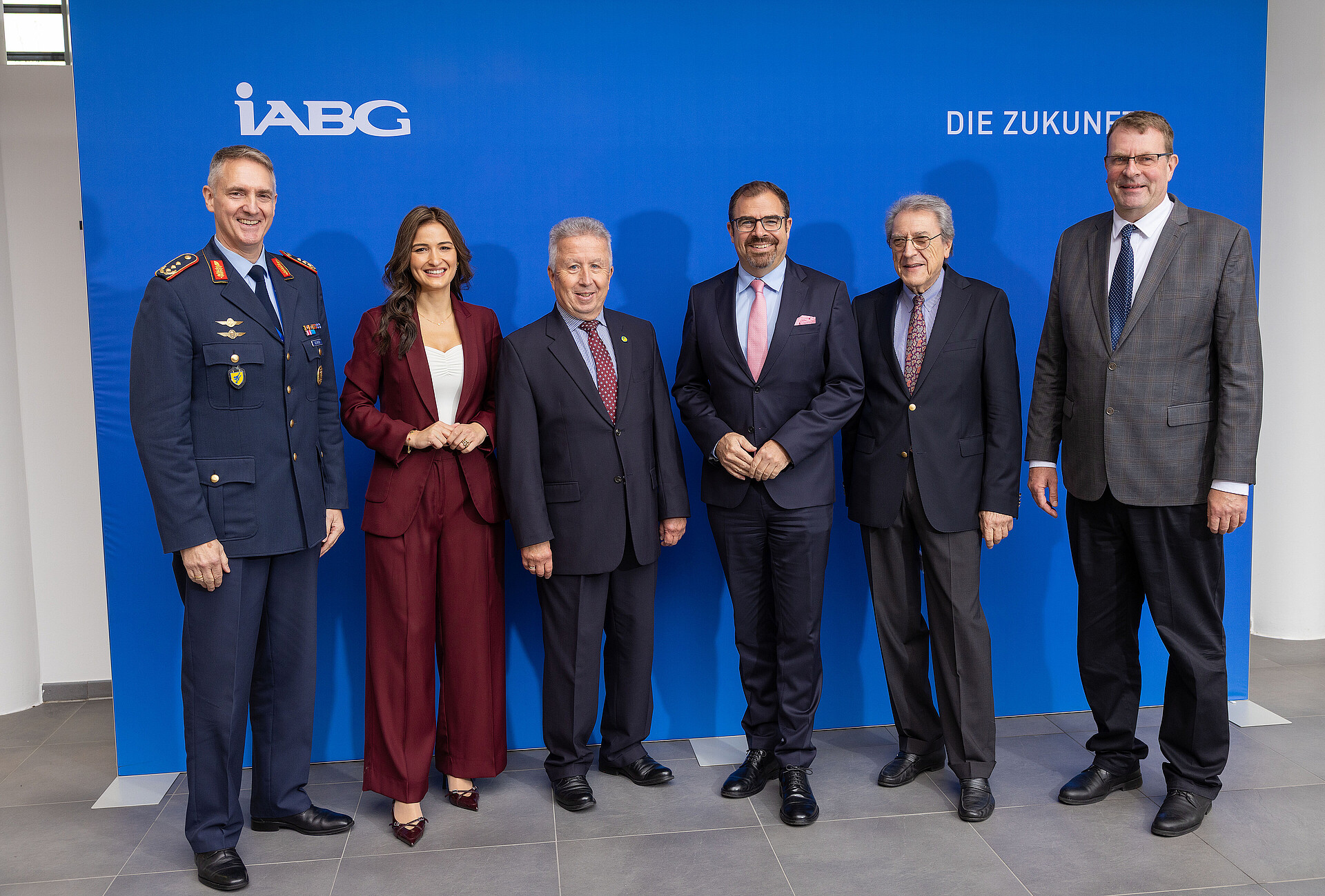
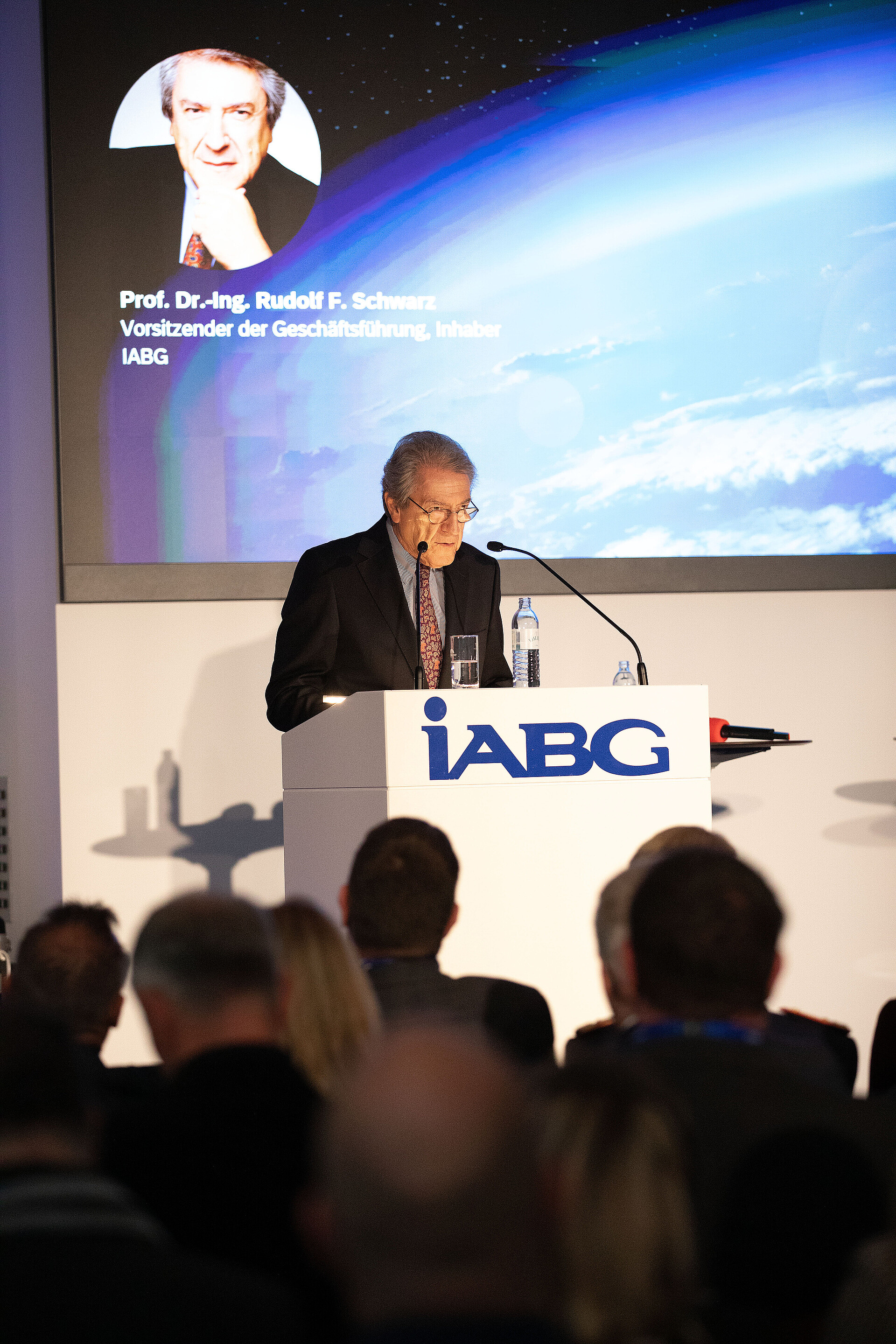
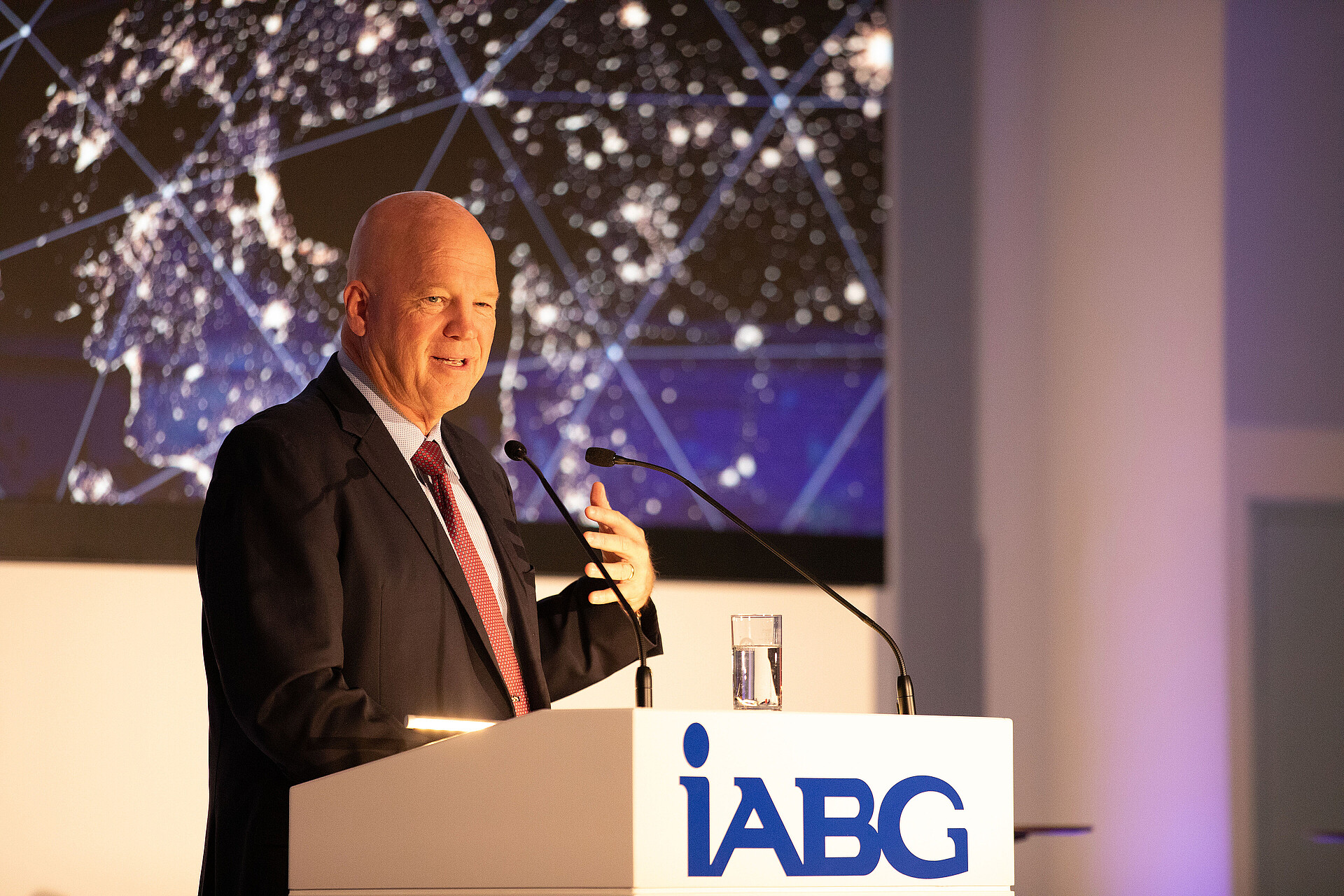
U.S. Space Force and U.S. Space Command
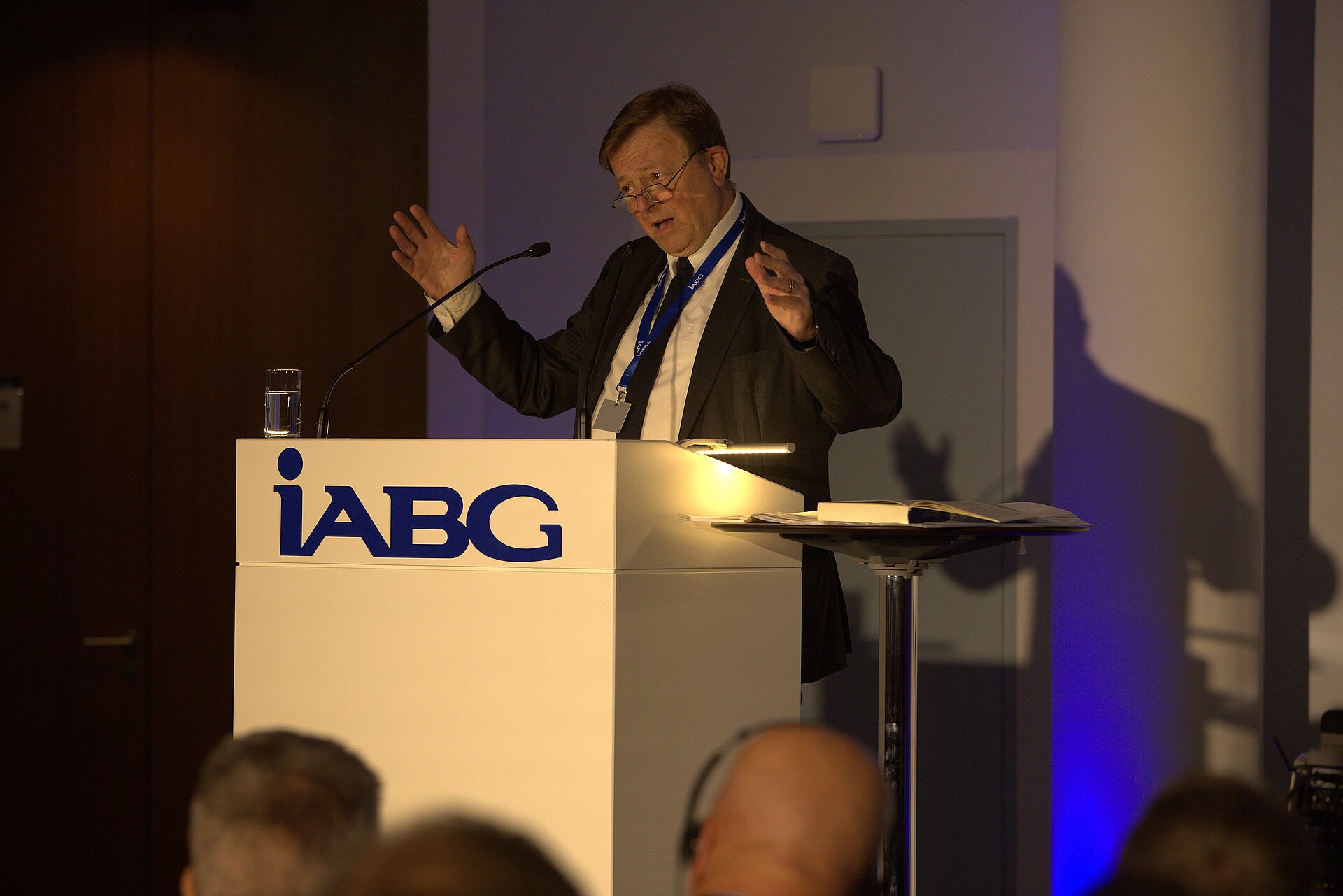
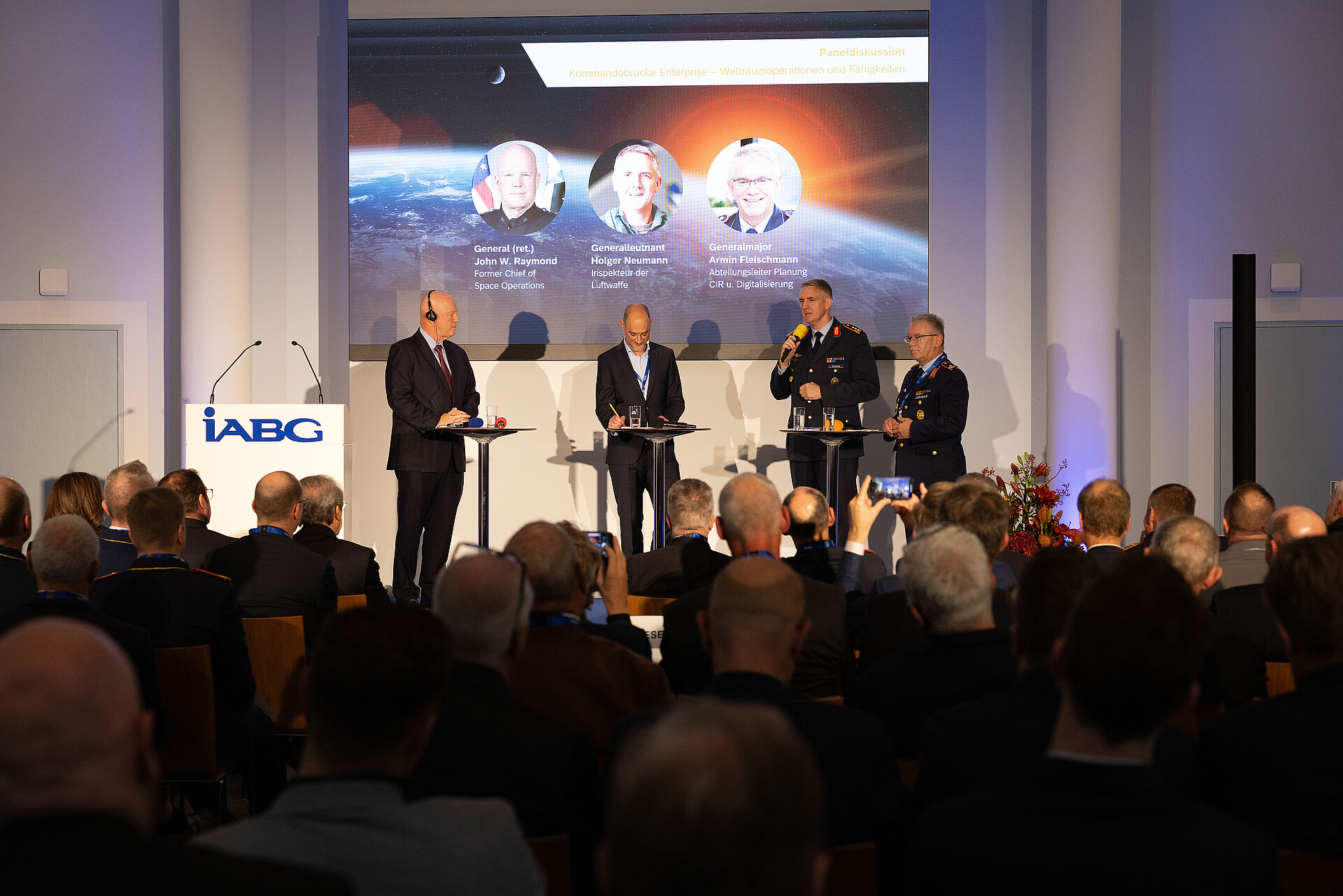
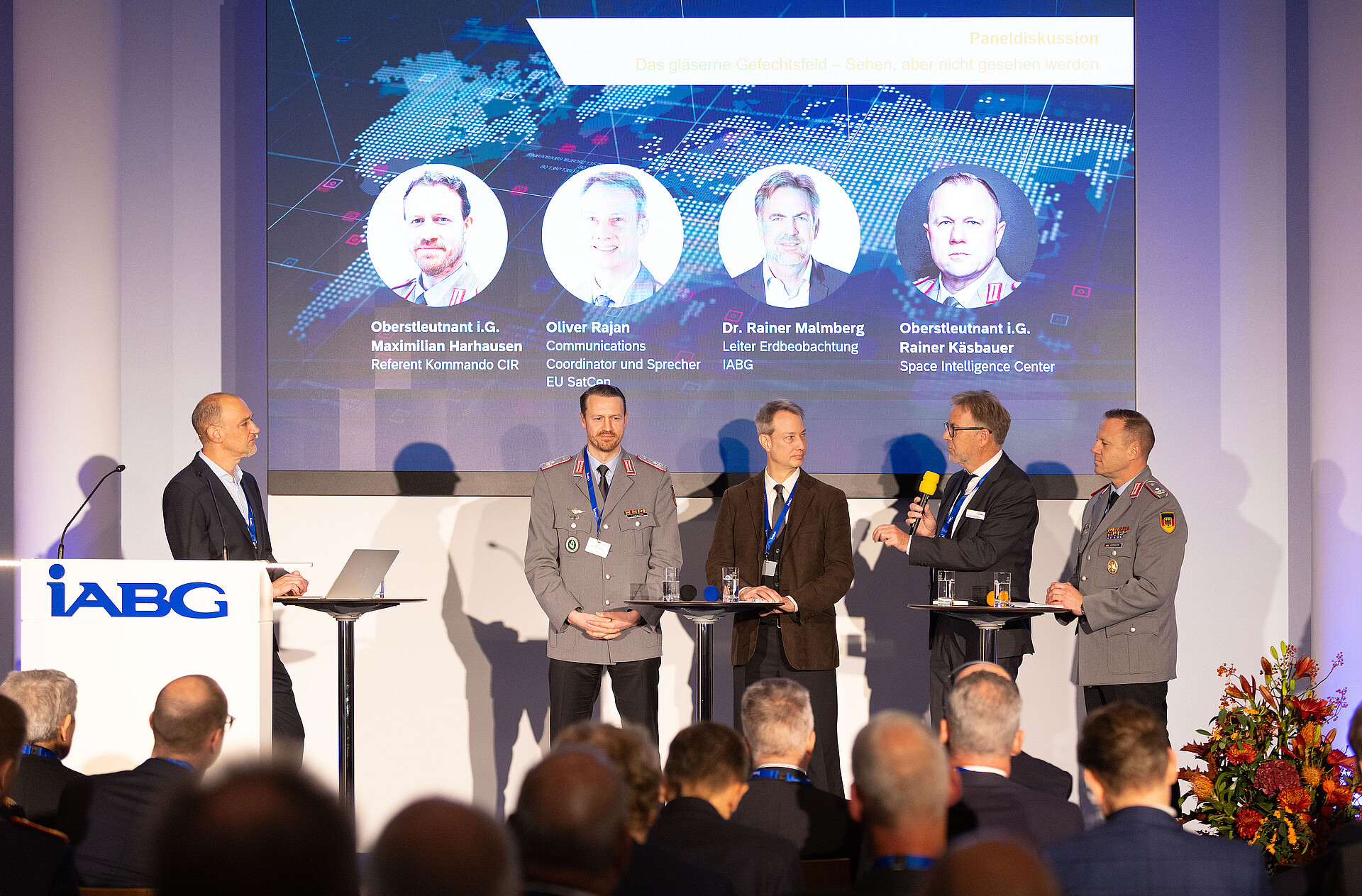
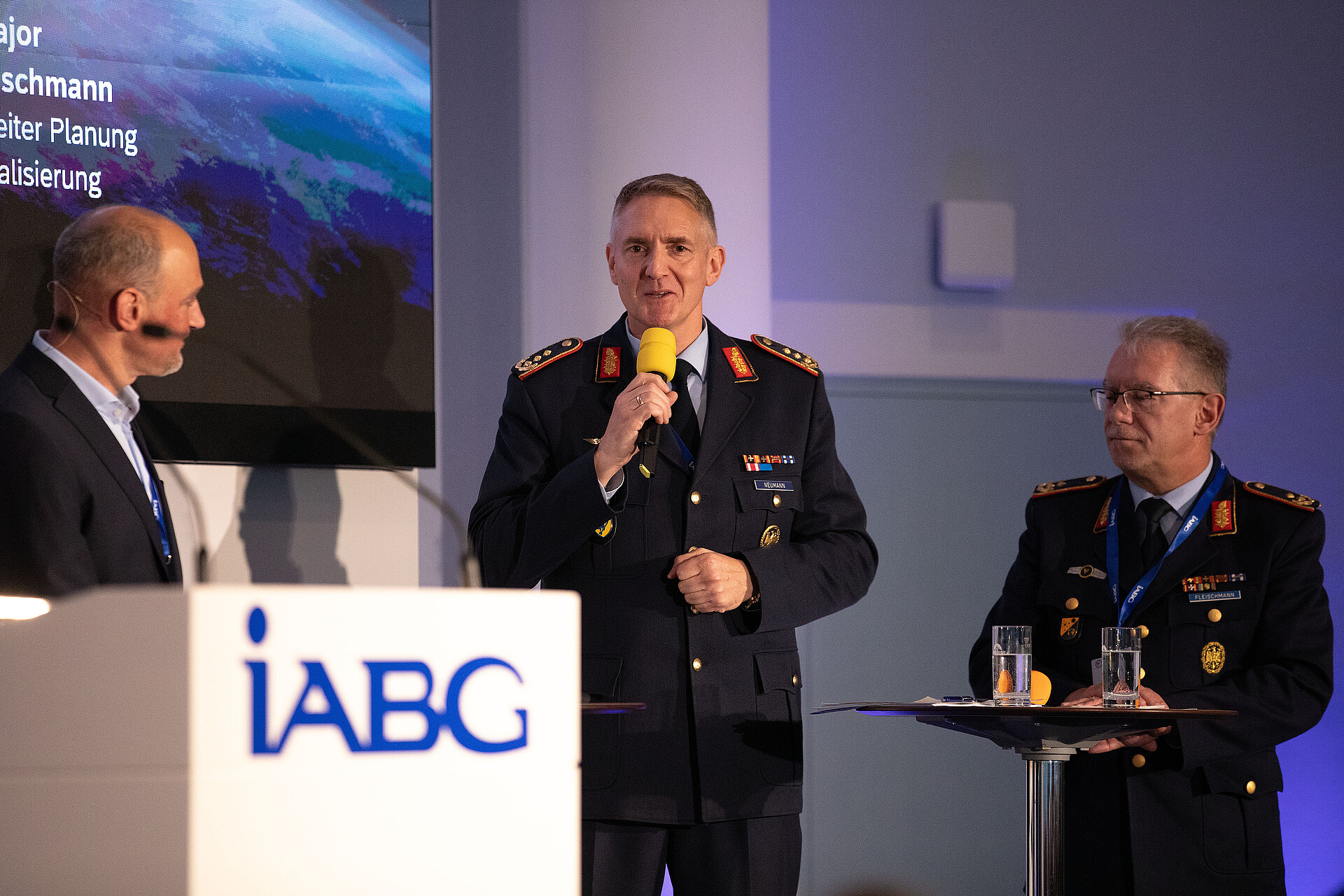
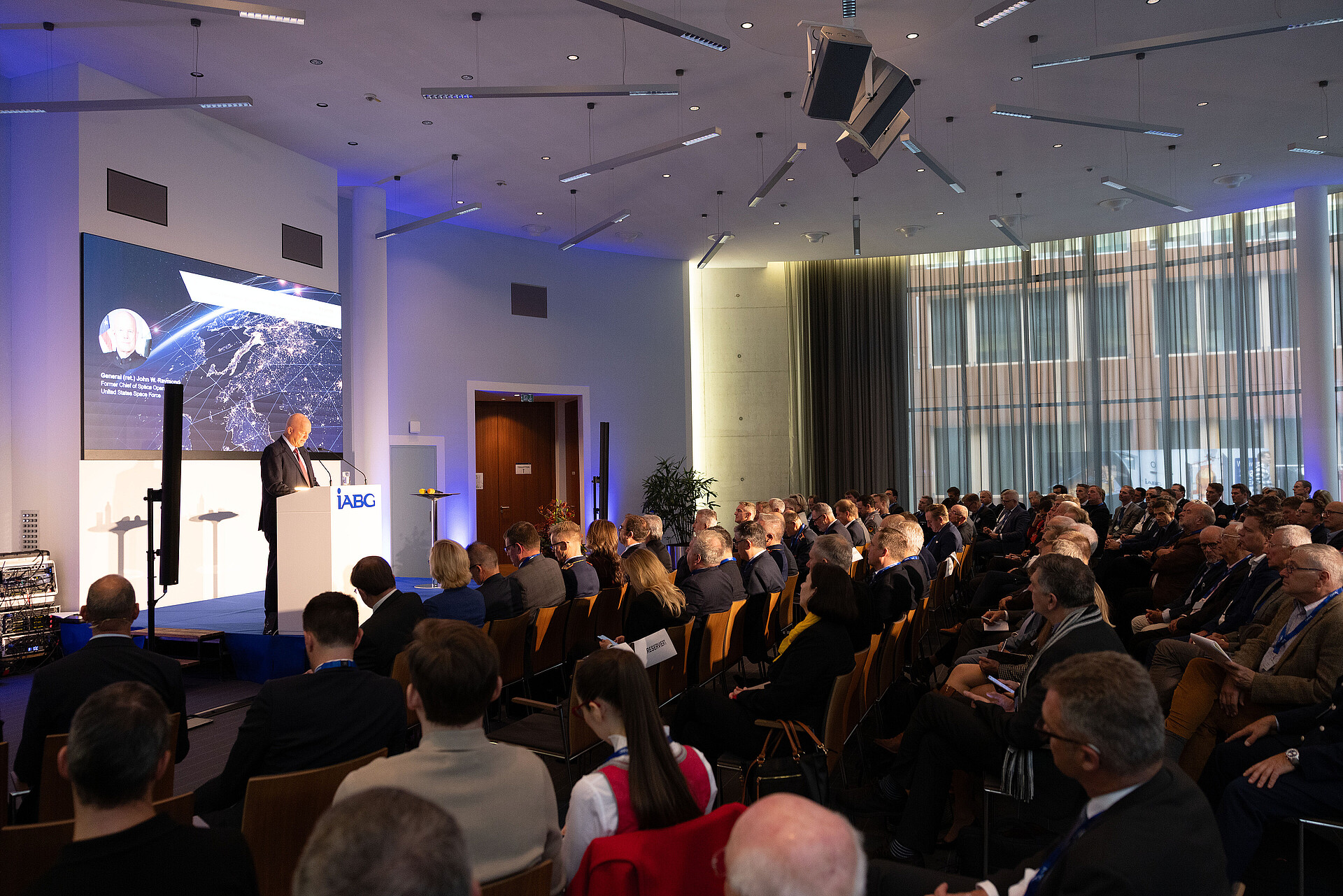
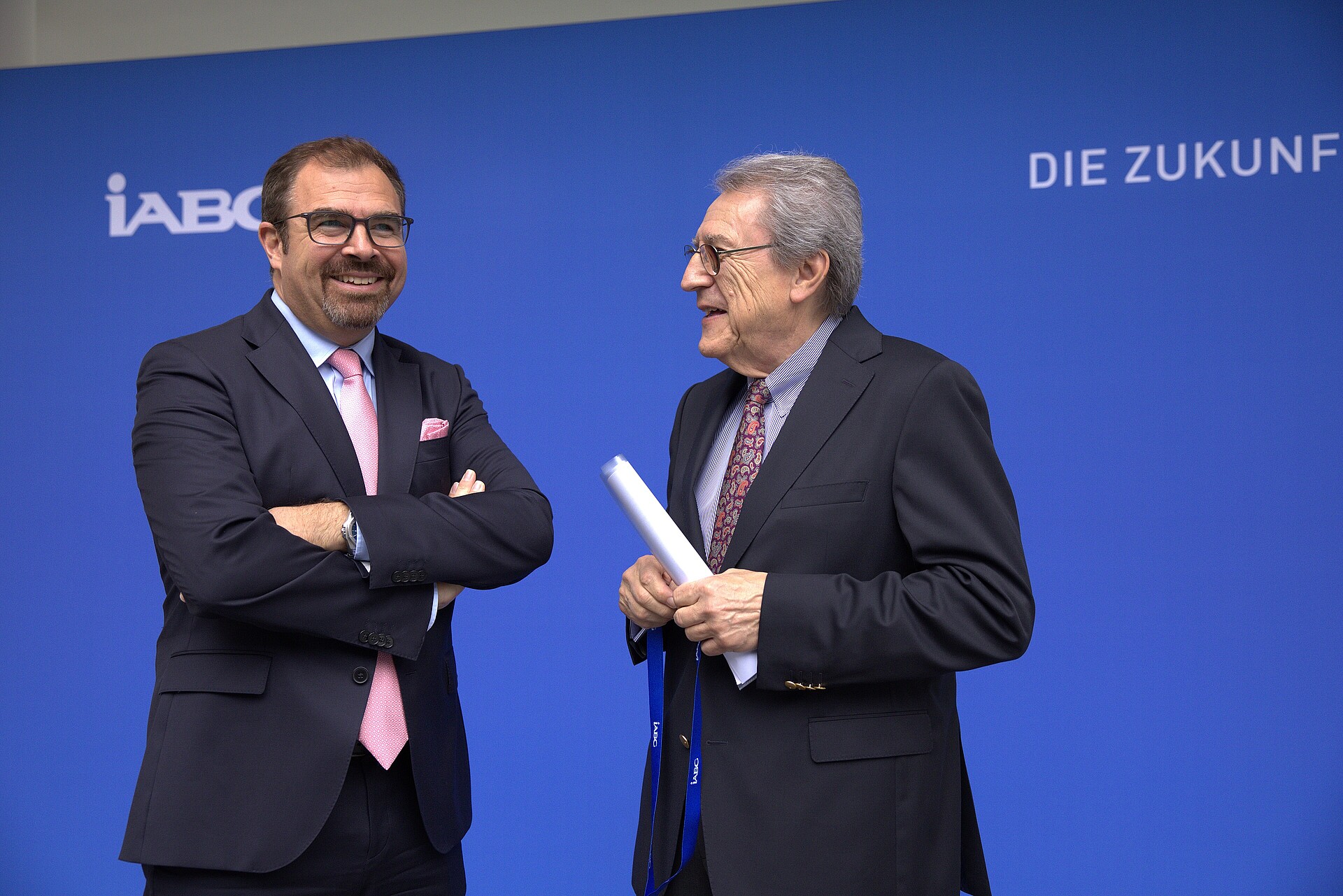
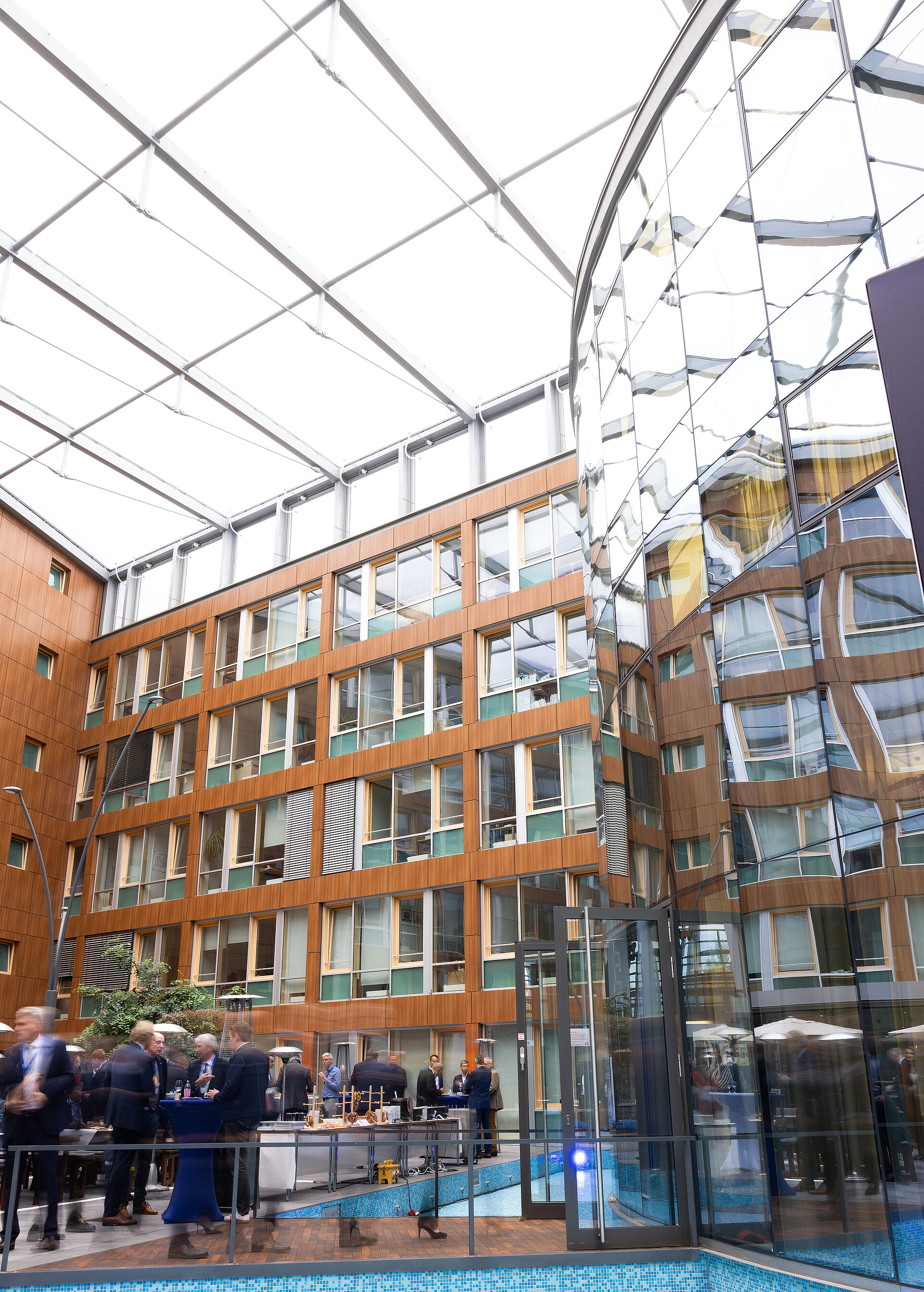
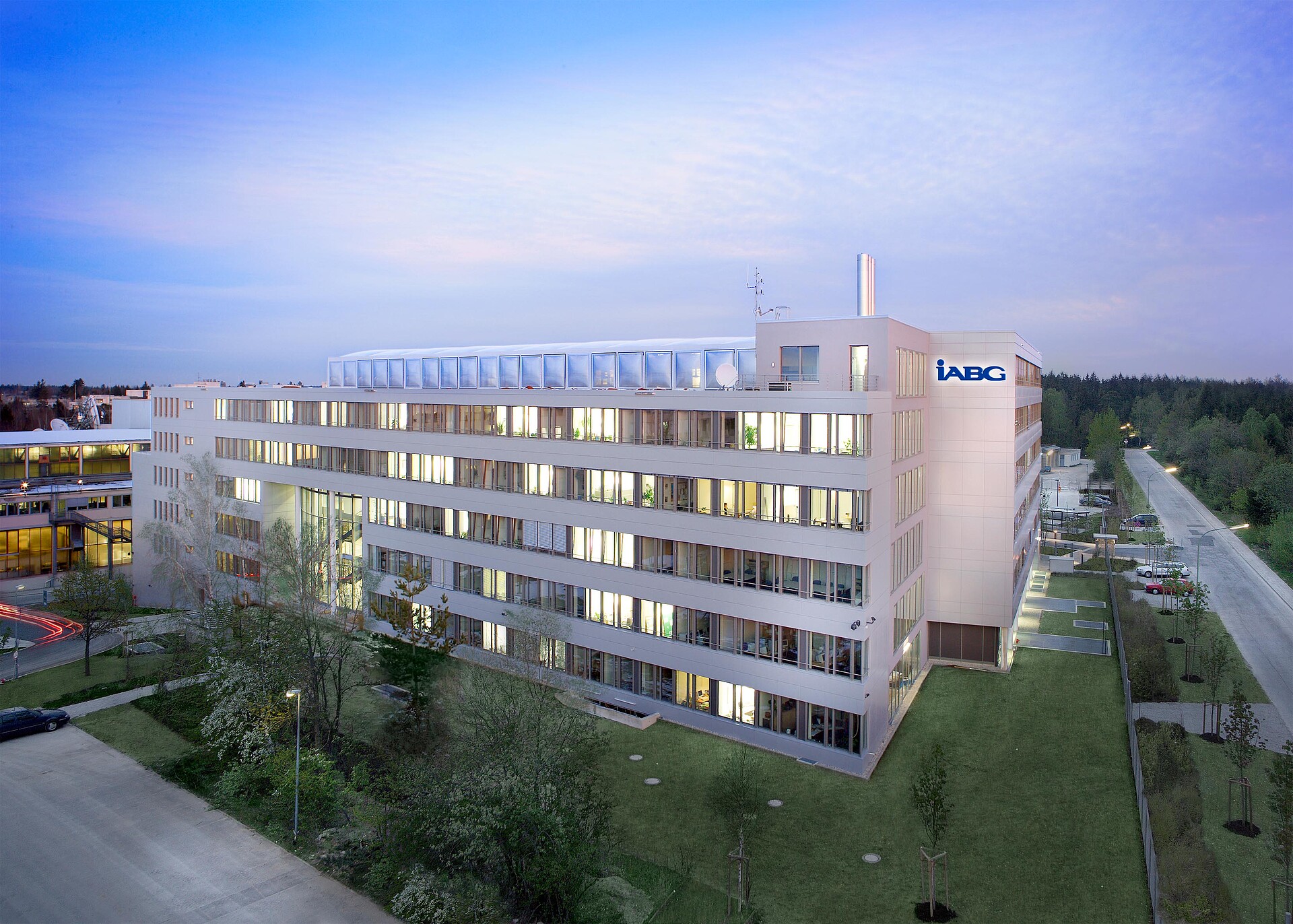
How can we help you?
Please fill in the form and we will get in touch with you as soon as possible.